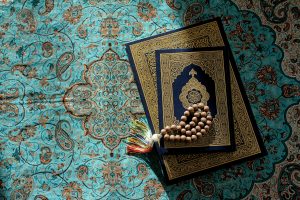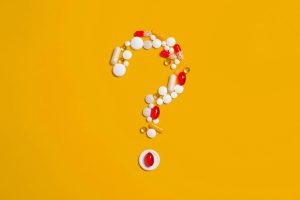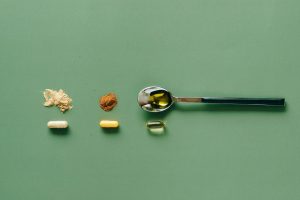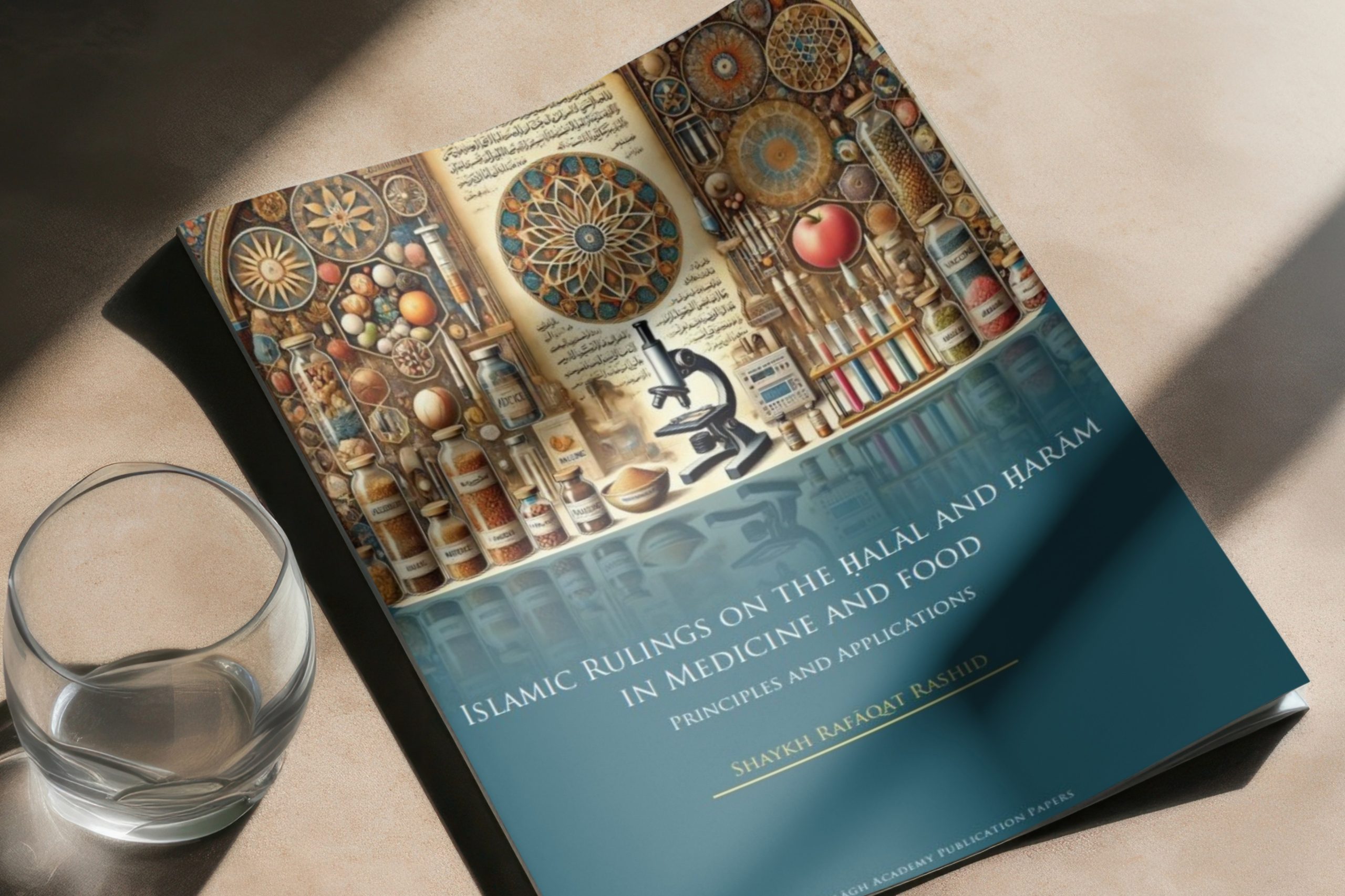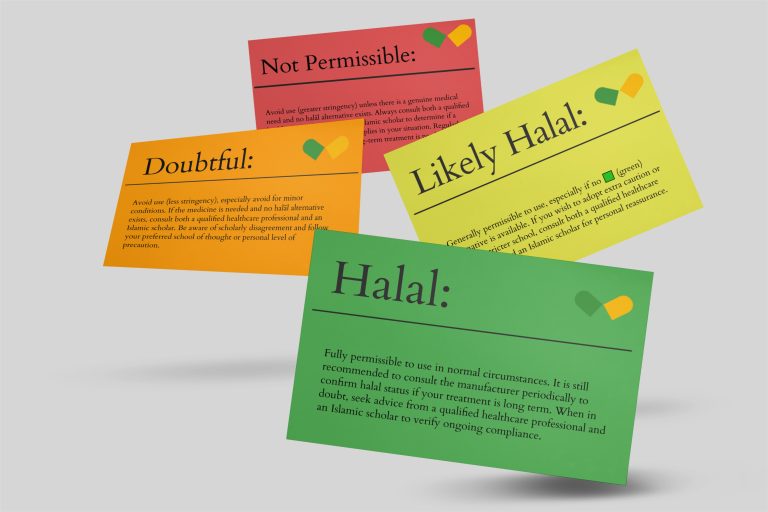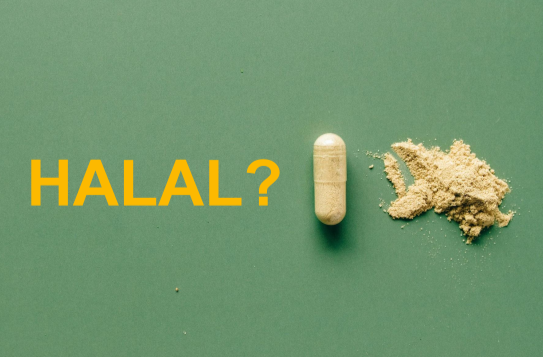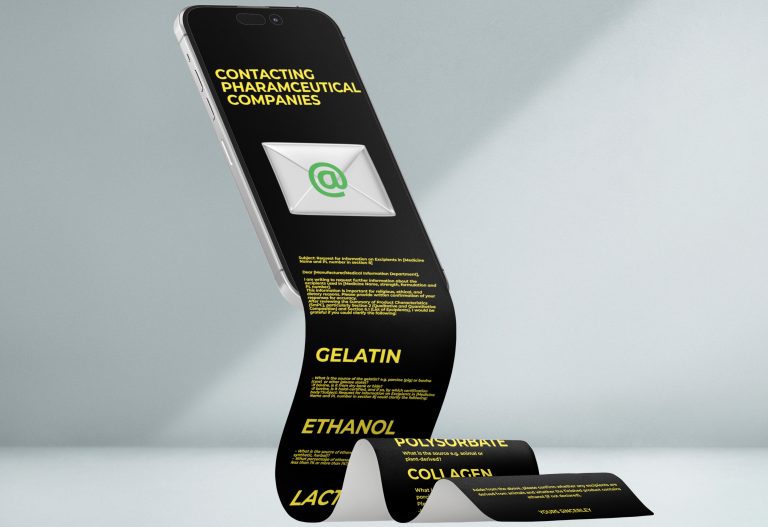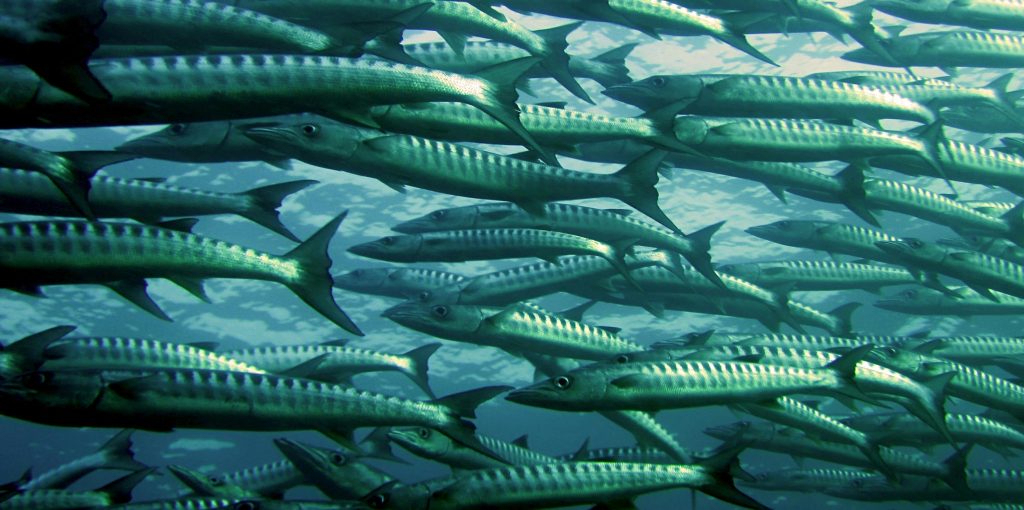Collagen in medicines
This resource explains the use of collagen in medicines and outlines the Islamic rulings on its permissibility.
What is collagen and how is it used in medicines?
- Collagen is a key protein found in animals and is a vital component of connective tissues which helps to strengthen structures such as bones, muscles and skin.1
- Collagen can be sourced from the skin, bones and cartilage from animals such as cows, pigs and from the scales and skin of fish.2
- Collagen can be used in drug delivery systems such as tablets for protein delivery and gel formulations for sustained drug delivery. Collagen is also marketed in the form of dietary supplements for joints, hair, skin and nails.3
- Topically, collagen is widely used in creams, gels, shampoos, wound dressings, and tissue-repair products.4
🕌 Islamic ruling on collagen
| Source of collagen | Ruling on topical use e.g. medicinal shampoos | Ruling for consumption | Explanation |
|---|---|---|---|
| Bovine (cow) collagen from dead Islamically slaughtered cows | ✅permissible (Hanafi,Maliki, Shafiʿi and Hanbali) | ✅permissible (Hanafi,Maliki, Shafiʿi, and Hanbali) | Pure and halal according to all four schools. |
| Bovine (cow) collagen from bone in dead un-Islamically slaughtered cows | ✅permissible according to the Hanafi school of thought ❌Haram according the Maliki, Shafiʿi, Hanbali schools of thought | ✅permissible according to the Hanafi school of thought ❌Haram according the Maliki, Shafiʿi, Hanbali schools of thought | Hanafis consider dry bones from non-slaughtered animals pure if free from blood or flesh; others regard all parts as impure. |
| Bovine (cow) collagen from other than bone and hide (ie tallow/cartilage/tendon) in dead un-Islamically slaughtered cows | ❌Haram (Hanafi,Maliki, Shafiʿi, Hanbali) | ❌Haram (Hanafi,Maliki, Shafiʿi, Hanbali) | Considered impure and not permissible. |
| Bovine (cow) tanned** or chemically treated skin/hide | ✅permissible for topical application according to the Hanafi, Shafi, Hanbali Schools, with more refined conditions for Maliki | ❌Haram (Hanafi,Maliki, Shafiʿi and Hanbali) | Tanning purifies for external use only; still not permissible to consume. |
| Fish | ✅permissible (Hanafi,Maliki, Shafiʿi and Hanbali) | ✅Halal (Hanafi,Maliki, Shafiʿi and Hanbali) | Fish and marine collagen are pure and permissible. |
| Porcine (pig) | ❌Haram (Hanafi,Maliki, Shafiʿi, and Hanbali) | ❌Haram (Hanafi,Maliki, Shafiʿi, and Hanbali) | Pig and all its derivatives are intrinsically impure (najāsah ʿayniyyah). |
Rulings for the topical application of collagen
In Islamic law, the ruling for topical use differs from ingestion because it involves external application to the skin, not eating or nutritive absorption.
In modern medicine, collagen and skin graft materials undergo extensive chemical purification and preservation. Because these treatments eliminate decay and impurity, such materials are generally considered pure and permissible for topical medical use (for example, wound coverings or grafts), except when derived from pig sources, which remain haram and impure in all schools.
Topical application of collagen sourced from tanned hide, is considered permissible according to Hanafi, Shafi’i and Hanbali, and the Maliki school considers more refined conditions for permissibility. 2
For a more detailed explanation regarding the reasons behind these rulings, click the button below.
Rulings for the consumption of collagen
The permissibility of collagen is dependent upon which animal the collagen is sourced from.
✅All four schools of thought (Hanafi,Maliki, Shafiʿi and Hanbali) agree the following are permissible for consumption:
- fish collagen,
- collagen from bovine (cow) that has been Islamically slaughtered.
❌All four schools of thought agree the following are haram for consumption:
- Bovine (cow) collagen from other than bone and hide (ie tallow/cartilage/tendon) in dead un-Islamically slaughtered cows,
- Bovine (cow) tanned** or chemically treated skin/hide and
- collagen from porcine (pig).
The differences of opinion occur with Bovine (cow) collagen from bone in dead un-Islamically slaughtered cows, where all schools of thought consider it haram except Hanafi which considers it halal.2
For a more detailed explanation regarding the reasons behind these rulings, click the button below.
**Tanning process – the process that treats the collagen in animal skin and hides with a chemical agent to make leather.5
If you are unsure about taking or using medicines containing ingredients and/or excipients from haram sources, seek guidance from a practising Muslim HCP such as a pharmacist or doctor. Alternatively, consult your local Imam or a trusted Islamic scholar, ideally one who has knowledge and expertise in the fiqh (Islamic rulings) of medicine.
💭Did you know?
Even if a medicine contains an ingredient/excipient from a haram source, it may still be permitted in certain cases. Here are three Islamic maxims (principles):
- Medical need or necessity (hajah and darurah): Under this principle, if there is a medical necessity, such as an emergency situation, or where there is a strong chance the individual’s health will deteriorate, and if no viable halal alternative is available, then it is permitted to take a medicine containing collagen derived from haram sources, until a viable halal alternative becomes available.
- An impermissible medicine becomes permissible if five conditions are fully met (click here to learn what the five conditions are).
- Hardship begets facility (al-mashaqqa tajlib at-taysir): Under this principle, if applying religious practice becomes too burdensome or creates hardship, then leniency can be applied to ease it (Click here to read more). If you have tried your best to seek an alternative halal medicine and it becomes too difficult for you, this principle allows you to take/use the medicine you have been prescribed/supplied.
⚠️ Important information for patients
- Always take or use your medicine(s) exactly as directed or prescribed by your healthcare professional (HCP), such as your doctor or pharmacist
- Do not stop, delay, change or alter the way you take or use your medicine(s) without first discussing it with the HCP who prescribed or supplied it to you
- Always consult your HCP if you have any questions or before making any decisions about your treatment
- For Islamic guidance, seek advice from your local Imam or a trusted Islamic scholar – ideally someone with relevant knowledge and expertise in the fiqh (Islamic rulings) of medicines
- Use the information gathered to make an informed decision together with your HCP and, if needed, your local Imam or trusted Islamic scholar.
FAQs
Disclaimer
- This resource is for educational purposes only. It does not constitute clinical, medical, or professional healthcare advice and should not replace individual clinical judgement or qualified religious guidance
- Always consult your doctor, pharmacist, or other healthcare professional regarding your own medical conditions or for advice on treatment options
- Healthcare professionals remain fully responsible and accountable for decisions made within their own scope of practice.
References and further resources
- Harvard T.H. Chan School of Public Health. (2021, January 6). Collagen. The Nutrition Source. Retrieved August 18, 2025, from https://nutritionsource.hsph.harvard.edu/collagen/ ↩︎
- Rashid, R. (n.d.). Islamic rulings on the ḥalāl and ḥarām in medicine and food: Principles and applications. Al Balāgh Academy Publication Papers. ↩︎
- Lee, C. H., Singla, A., & Lee, Y. (2001). Biomedical applications of collagen. International Journal of Pharmaceutics, 221(1–2), 1–22. https://doi.org/10.1016/s0378-5173(01)00691-3 ↩︎
- Sen, C. K., Friday, A., Khanna, S., & Roy, S. (2025, July 28). Collagen-based products in wound, skin, and health care. Advances in Wound Care (New Rochelle). https://doi.org/10.1177/21621918251361118 ↩︎
- Benedict Nnachi Alum (2024). Tannins and Leather: Chemistry, Tanning Processes, and Environmental Impacts. NEWPORT INTERNATIONAL JOURNAL OF SCIENTIFIC AND EXPERIMENTAL SCIENCES, 5(3):33-37. https://doi.org/10.59298/NIJSES/2024/10.5.333337 ↩︎

